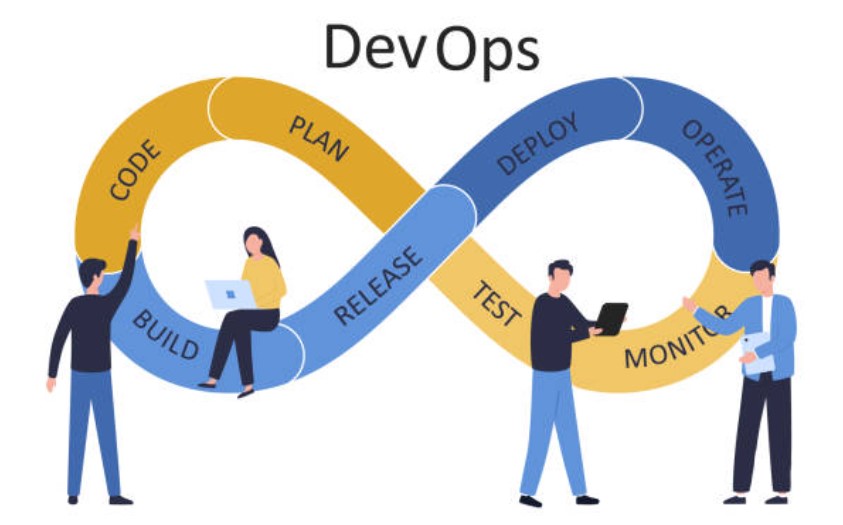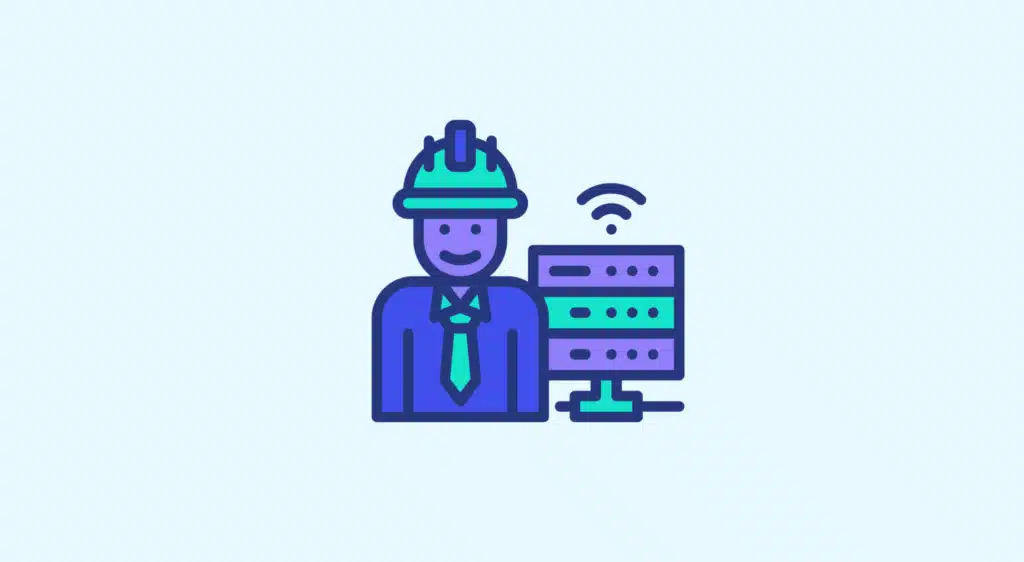Become a DevOps Engineer: Stemming from the contraction of development and operations, the profession of DevOps engineer is increasingly in demand, particularly in companies needing greater agility and better control of their IT systems.
DevOps culture: what does it mean?
The term DevOps refers to a practice that enables a single IT team to manage the entire application development cycle, from testing and development to deployment and monitoring. The goal of DevOps is to develop a system more quickly while delivering features and updates regularly, based on the needs of the business.
DevOps practices aim to facilitate continuous actions to improve profitability, which involves five stages:
Continuous Integration: This involves regularly integrating new developments with existing ones to quickly detect integration issues.
Continuous Deployment: It continuously provides customers and users with new features.
Continuous Testing: Ensures a successful deployment and optimal execution of new features.
Continuous Feedback: Allows for the improvement of the production process and prioritization of potential modifications.
All of these steps lead to the main goal, which is the continuous improvement of software quality. Continuity allows for real-time improvement and adaptation to customer needs. This enables IT security teams to focus on other issues.

Who are DevOps engineers and how to become a DevOps engineer?
In practice, a DevOps engineer will first create an application that meets the company’s needs and quality requirements, and then ensure its proper functioning throughout its lifecycle.
The DevOps engineer collaborates with developers and IT administrators with the aim of continually optimizing the system. Initially, they may have expertise in a particular domain: they could be a developer interested in deployment and network operations, or they could be a system administrator who, with their skills, transitions to the development side where they can improve deployment capabilities. It is, therefore, a multi-tasking and interdisciplinary role.
DevOps engineer tasks
The motto of a DevOps engineer is agility. As a project leader, the DevOps engineer must be versatile and present in all integration phases, given the many tasks they oversee. Here is a non-exhaustive list of their tasks in terms of skills:
1. Implement various development, testing, and automation tools.
2. Set up IT infrastructures.
3. Configure appropriate tools and infrastructure.
4. Monitor the DevOps process and ensure its smooth operation, including application development, IT development, testing, deployment, and system monitoring.
5. Review, verify, and modify software code developed in the project as needed.
6. Identify and implement cybersecurity measures by assessing vulnerabilities and managing risks.
7. Deploy the appropriate CI/CD (Continuous Integration/Continuous Deployment) tools and create an integration pipeline.
In addition to technical skills, the DevOps engineer must also fulfill certain tasks related to soft skills.
They bridge the gap between operations teams and development teams, so they must be able to connect these teams to create a collaborative work environment.
Consequently, they may manage a team by paying attention to the tasks and objectives assigned to each team member. As a primary contact for the CIO (Chief Information Officer), they must stay informed about the progress of projects in all phases.

The skills you need to be a DevOps engineer
To effectively lead their projects, a DevOps engineer needs to acquire specific technical skills and master certain software tools:
Scripting and Programming Languages: Proficiency in various scripting and programming languages such as Python, Java, JavaScript, or Ruby.
Containerization: Building and configuring containers to enable servers to run in diverse environments. This requires a solid understanding of containerization tools like Docker and Kubernetes.
Public Cloud Services: Mastery of public cloud services such as Microsoft Azure or AWS, especially for cloud-based projects.
These technical skills are crucial for a DevOps engineer to navigate and optimize the software development and deployment process effectively.
Conclusion
The answer to the question “Should a company hire a DevOps engineer?” is generally affirmative. In the current context where digital transformation is essential, DevOps engineers address the need for automation and management of software lifecycle operations
. Therefore, it is a future-oriented profession, already well-established in the United States and increasingly finding its place in European companies.
Becoming the DevOps engineer for your company requires agility, flexibility, and a range of skills that can be acquired through specialized training. You can explore training opportunities to become a DevOps engineer and help your organization thrive in the world of digital transformation.










